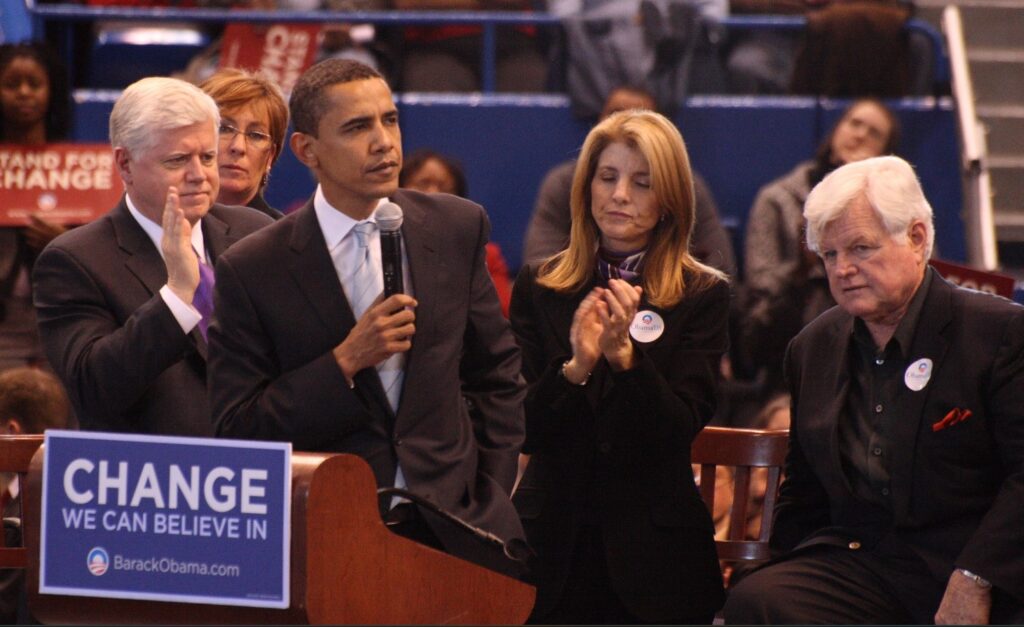Democrats often shield and elevate party figures accused of bad behavior, while many Republican voters focus on electability and keep extremists at bay.
For years, the pattern has been clear: when scandal hits on the left, the response too often reads like damage control rather than accountability. That approach has normalized a tolerance for misconduct inside a major party, and voters notice. Conservatives see an inconsistency between the standards Democrats demand of others and the leniency they show their own leaders.
Republican voters, by contrast, have shown a steady willingness to push back against candidates who fall outside mainstream conservative values. That does not mean every primary is tidy or drama-free, but there is an underlying current that favors pragmatism over spectacle. Grassroots activists and everyday voters alike want candidates who can win and govern, not who can generate headlines at any cost.
Electability is not an abstract talking point for many conservative voters; it is a practical test applied in real campaigns. People weigh character, policy, and temperament with an eye on the general election and the ability to implement conservative principles. The result is a party that, despite internal disputes, tends to reject candidates perceived as liabilities on the national stage.
The contrast shows up in how each side handles transgressions. When allegations surface around Democratic figures, a familiar cycle often starts: denials, pause, then rallying to blunt the fallout. That cycle erodes trust because it appears to prioritize party control and image over consistent ethical standards. Voters who value accountability see this pattern as a problem that goes beyond any single incident.
This doesn’t mean Republican politics are without fault. There are factions and loud voices that push extremes, and conservative voters have to balance passion with prudence. Recent primary seasons demonstrate a rough but functioning sorting mechanism: candidates who are too extreme or erratic frequently find themselves edged out by those who can make a case to a broader electorate. That practical filter matters when the goal is governing, not just stirring base enthusiasm.
Media narratives tend to amplify chaos on both sides, but the underlying voter behavior is instructive. Across local and national contests, Republican electorates have shown a pattern of cutting off candidates who threaten general election viability. That pattern helps explain Republican party decisions to coalesce around figures who can both win and implement policy, even when internal disagreements remain intense.
Ultimately, the issue is less about clean hands and more about consistent standards. Voters want a party that holds its leaders to rules the public can predict and trust. When a major party appears to bend those rules for convenience, it hands opponents a powerful argument about double standards, and that argument can shape electoral outcomes for years.



